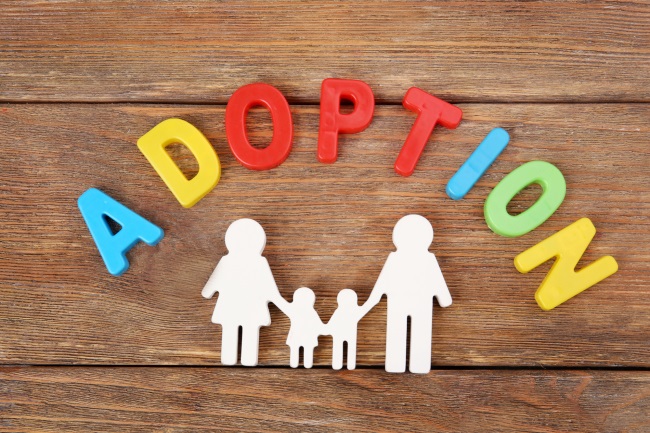“What do you want?” The Chinese waitress repeated to me, this time in English. Her eyebrows curved upwards, and her impatient pen beat the paper pad. I stumbled on my words, even though I should be used to this by now. Yet there’s still this poignant taste of guilt and shame that shoots down my spine when I’m approached with a language I should inherently know, yet can’t even form a basic sentence.
Light green eyes, sunkissed blonde hair and fair freckled skin next to dirty brown eyes, jet black hair and warm tanned skin. Most pass by my mother and I with stares that could burn a hole in the back of our heads.
As a child adopted into a country other than their birth one, the idea of identity nips at my heels. I have mixed feelings on the topic. Sometimes I obsess and care more than need be, and then other times, I think that maybe I should care just a little more. I wonder what my life would have been like if I was not adopted, what it would be like if I understood my birth tongue, if I would have been a completely different person or if I would still be the person I recognize as me? Do I have a twin out there!? ’Cause that would be awesome.
The characters “身份” glared at me from the blackboard. My foot rapidly tapped the metal rail supporting the desk chair I curled into. I knew this one. What was it? Slowly, my classmates’ heads turned to my reddened face and mute mouth. From the ages of six to twelve, my Saturdays were set at a local public school classroom filled with students that ranged from having Asian parents who desperately wanted their children to learn their native tongue to white children who were there for the easy access to Chinese language and culture. The majority of students were like me, adopted children from China whose parents felt it necessary to keep in touch with their birth culture. I wondered more about the idea of international adoption and the morality of it all. I wanted to know how other adoptees felt, if things such as this were also on their minds.
Cameron Campbell, a senior media-communications major and adoptee from Tijuana, Mexico spoke about his experience: “I don’t know a crazy ton about my biological mom. [But] one thing to note is Tijuana is not a great place… and it’s steadily become worse with cartel violence. It’s one of the most dangerous cities in the world.” He leaned in to help me hear through the scrambles of voices of the Eatery. “My mother at the time was sixteen and her father was a hardcore catholic and a farmer too. So they did not have very much money [and] when I was born, my grandfather was not happy and he was pretty much going to use me as farm labor.” He went on to explain that his father was not in the picture and his mother was the one to push for adoption.
Although Campbell and I do not share similar backstories, there is a commonality between us, which is what we miss out on within our birth culture. Campbell stated, “I want to eventually be fluent in Spanish. That’s the biggest thing I feel I miss out on; [and] from my personal experience, when I can’t speak Spanish, I just get a blank stare, like a deer in headlights stare, and sometimes flat out just not accepted and it’s frustrating.”
Fortunately, there is a statistic for just about everything and in 2023, the National Council for Adoptions took a survey among adult adoptees in the United States. Conducted by Ryan Hanlon, Nicole Davi, Matthew Quade and Abigail Lindner, through the survey, they found that out of the 385 intercountry adoptees interviewed, 46.2% of them felt their adoptive parents did not do a sufficient job discussing issues about race/ethnicity; however, with those same participants, it was shown that 89.5% still felt that parents should still be allowed to adopt from outside of their own race.
Intercountry adoption can be a bit of a morally gray subject. The idea of taking a child from their birth culture and replacing it with a new one feels a bit… icky; but, educating yourself and the child is truly what matters. If you are able to provide resources that can connect the child to where they came from, it can actually be a beautiful process for both the parent and child.
Everyone goes through phases when identity feels like the end-all-be-all, and it can be daunting as someone who doesn’t really know much about half their identity. But, what I can be is grateful for the parts of identity I do have. Though I may not know what my biological parents look or were like, I see parts of myself in my adoptive mother and sister. And sometimes, if I look in the mirror, I can see the pieces of my birth home. Maybe the mystery of not knowing every detail about who I am is the key to liberation.




